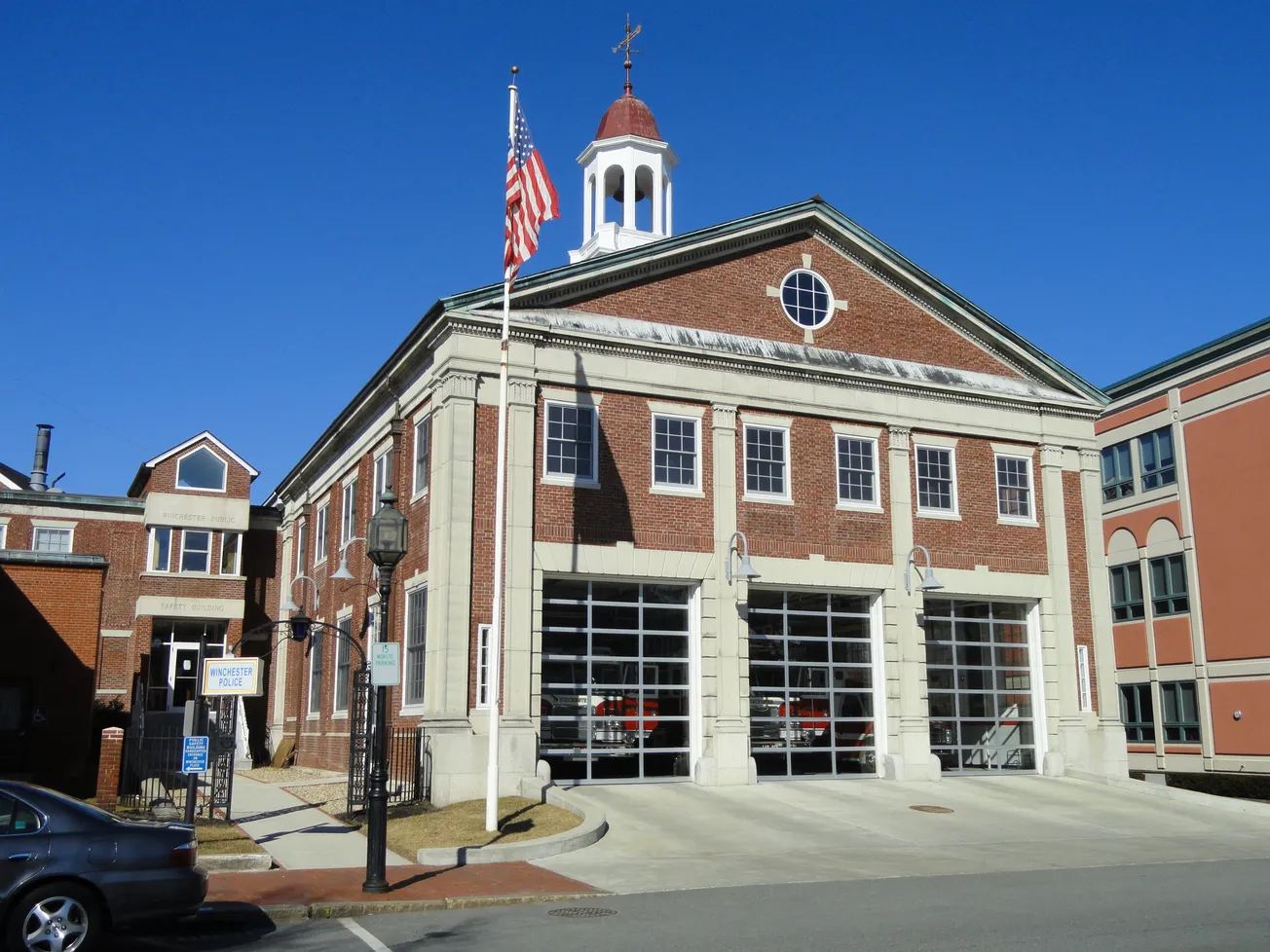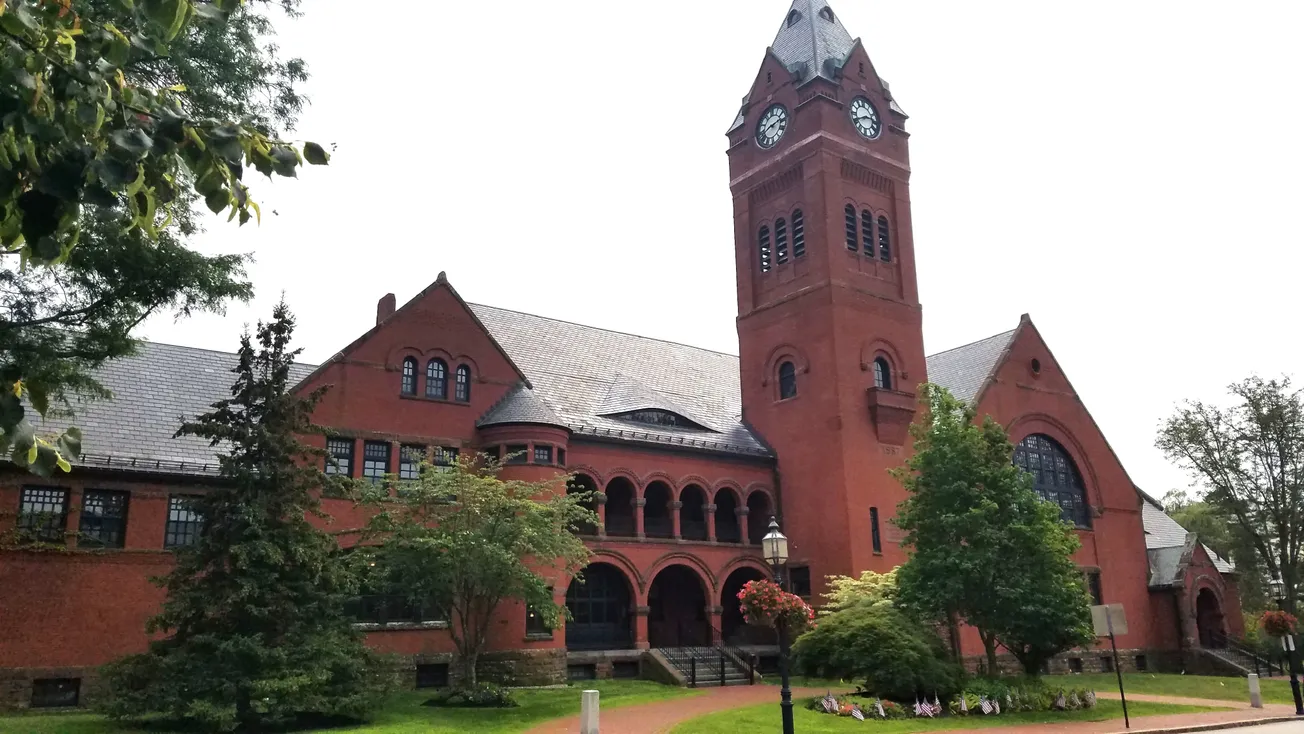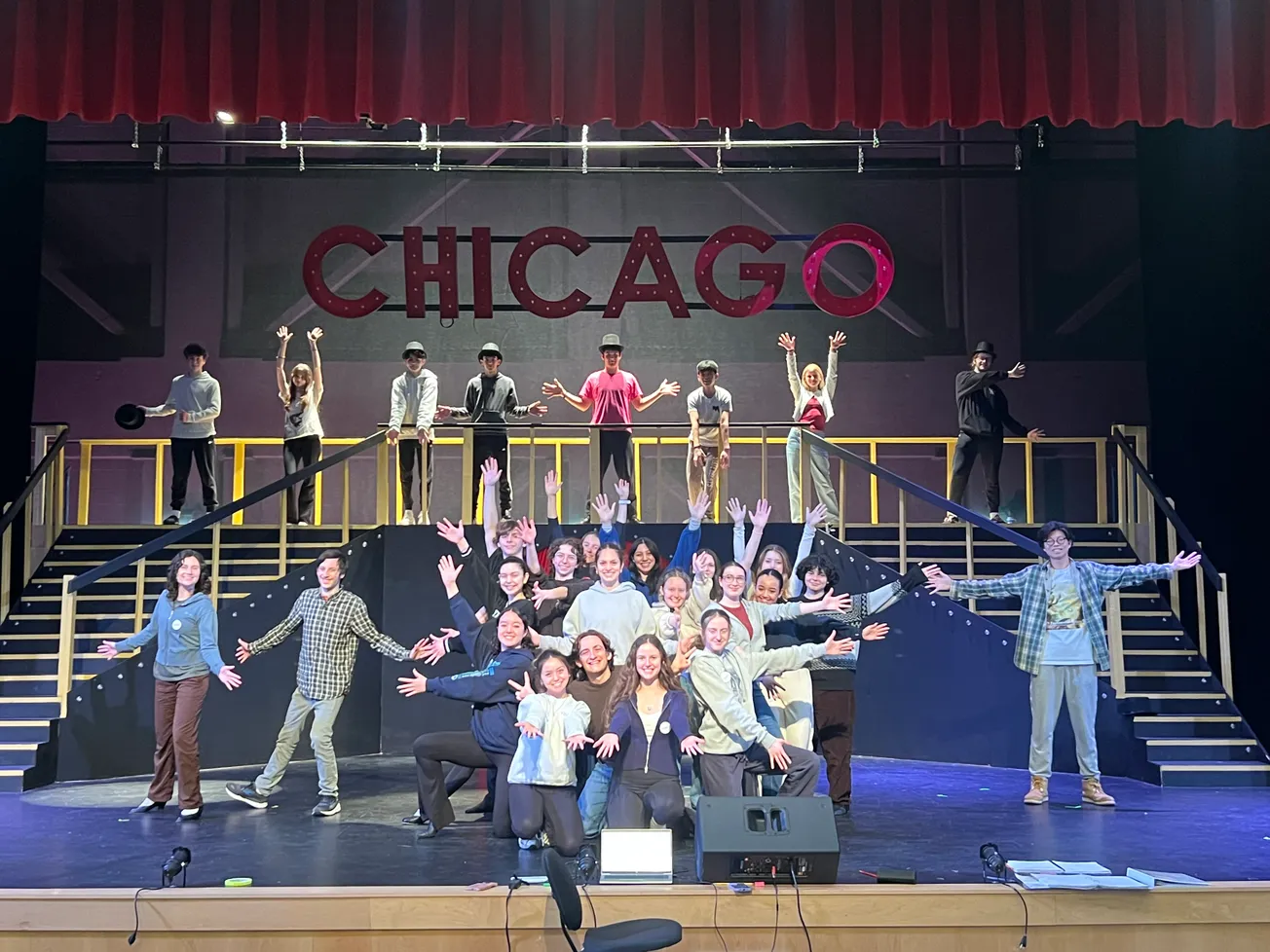Table of Contents
If you were born on or after Jan. 1, 2004, you will no longer be allowed to buy tobacco/nicotine products within the Winchester town limits.
The new Board of Health regulation, which passed on May 16, 2024, takes effect today, Jan. 1, 2025.
Winchester, along with 11 other communities statewide, including Malden, Melrose, Wakefield, Reading, and Stoneham, are joining the Nicotine Free Generation.
BOH Chair Dr. Gregory Sawicki in June said the idea behind the Nicotine Free Generation is to prevent access to tobacco products for younger people.
“Everyone knows that nicotine is addictive,” Sawicki said. “We know it leads to severe health effects. That’s well documented. Tobacco regulations minimize the impact of smoking and other tobacco use. It’s a way to reduce dependency on nicotine and improve smoking cessation. The best way to avoid becoming addicted is to not use.”
But companies have gotten smart and new products, such as e-cigarettes, vape pens and flavored tobacco, and clever marketing attract younger adults.
In 2018, Gov. Charlie Baker signed a measure that raised the legal age to purchase tobacco products from 18 to 21. Sawicki said that was largely due to cities and towns putting their own regulations in place, to the point where eventually, the state caught up and it became law.
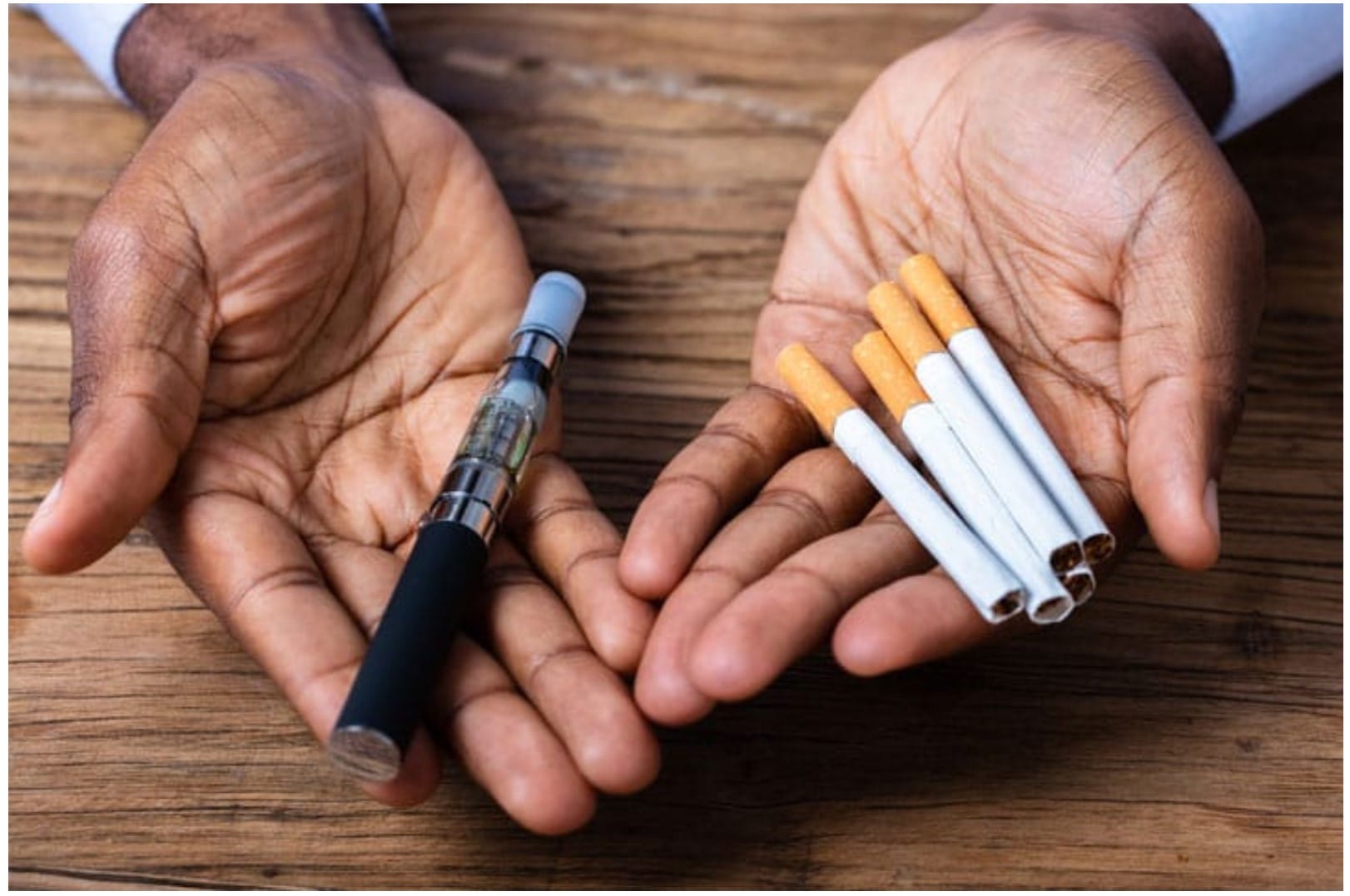
Sen. Jason Lewis, D-Winchester, and Rep. Tommy Vitolo, D-Brookline, are planning to file a bill in the Legislature in January to “generationally phase out the legal sale of all nicotine and tobacco products in Massachusetts. This would replace the current age-based eligibility system with a requirement to be born before a specific date.”
Lewis said as chair of the Senate’s Education Committee and prior to that, chair of the Public Health Committee, he’s been involved in efforts to control tobacco use, especially in young people.
“I’ve learned a lot about this issue,” Lewis said. “I also led efforts to pass the law to raise the legal age to 21 to purchase tobacco products as well as include e-cigarettes and vape products under the definition of tobacco products.”
Lewis said like the Nicotine Free Generation, cities and towns have led the way at the local level and he and Vitolo feel it’s time to try to do it at the state level.
“I see Nicotine Free Generation as the next logical step in decades of effort in fighting big tobacco and [nicotine] addiction,” Lewis said.
He credited Brookline as the first municipality in the state, possibly the nation, to pass the Nicotine Free Generation bylaw.
Brookline passed its bylaw via Special Town Meeting in November 2020. That bylaw had a Jan. 1, 2021 effective date with a Jan. 1, 2000 birthdate restriction.
The Brookline law
In 2021, Brookline became the first town in the U.S. to impose a tobacco sales ban based on a specific date.
Vitolo said Brookline has been first on tobacco issues going back at least 40 years. As a Town Meeting member, he himself took a role in pushing anti-tobacco legislation in the community.
“We worked through all the angles and disagreements,” he said. “We did all this not by compromise, but by listening to the concerns of people and then doing it anyway.”

Vitolo said the arguments of opponents against the Nicotine Free Generation initiative deals more with the unfairness of such a law.
“Because nicotine is so addictive, it’s unfair to take it away from people,” he said. “Because it’s unfair to not allow people who don’t buy it now not to buy it later.”
But it’s not a good argument, Vitolo added, simply because no one is taking anything away from people who currently have the right to smoke. This bill would just keep people who haven’t had access away from those products.
“This is a more gentle way because if you can do it now, you’re still going to be able to do it,” Vitolo said, of tobacco usage. “But if you’re not 21, I promise you no parent is going to want their kids to take it up.”
Vitolo said when the sales ban went into effect in Brookline, a group of retailers sued the town based on the idea that the 2018 law raising the minimum purchase age preempted the Brookline bylaw and violated the state Constitution’s equal protection rights.
When a lower court dismissed the case, the retailers appealed. The Massachusetts Supreme Judicial Court (SJC) transferred the case from the appellate court to itself.
In March 2024, the SJC unanimously sided with Brookline, explaining the town’s bylaw only augments the state law in limiting the sales of tobacco to those under 21. The SJC also noted the bylaw doesn’t violate equal protection because it is related to legitimate state interest, which includes mitigating tobacco use by minors.

Vitolo said his office had been keeping an eye on the SJC, in case the court went against Brookline.
“I was ready to file legislation to address any of the [SJC’s] concerns,” he said. “But the SJC said it was OK and then other communities in Jason’s district started to pop in.
“Melrose was ready and excited,” Vitolo continued. “They passed theirs right away and then a number of other communities did, like dominoes falling.”
What’s next?
According to a release by Lewis and Vitolo, “the staggering economic cost of smoking in the U.S. is an estimated $300 billion annually through a combination of healthcare costs and loss of productivity, straining the healthcare system and the economy as a whole.
“While nicotine use by youth is decreasing, 2.25 million middle and high school students reported current use of tobacco products in 2024, according to the U.S. Centers for Disease Control and Prevention (CDC),” the statement reads.
“Restricting youth access to nicotine and tobacco products is critical to reducing overall usage and preventing the next generation from becoming addicted to these products. Roughly 9 in 10 adults who smoke daily first tried smoking by age 18.
“The Massachusetts Legislature banned the sale of all flavored tobacco products in 2019, in part to reduce youth interest in nicotine and tobacco products. This bill would go further by gradually phasing out all sales of nicotine and tobacco products.
“This bill will not take away the right to purchase nicotine and tobacco products from anyone who is already legally able to do so. Should this bill be signed into law, young people who are not currently old enough to legally purchase nicotine and tobacco products will never be lawfully able to purchase these products in Massachusetts, thereby creating no more new users,” the statement concludes.
“The Nicotine-Free Generation (NFG) bill recognizes the addictive nature of nicotine and tobacco products and will not impact those adults who are current consumers of these products. Rather, this legislation will protect future generations from nicotine addiction and the resulting health harms.”
Vitolo said he and Lewis will probably be talking to a lot of colleagues over the coming months.
“There are 200 legislators and I think we’ll need to have about 200 conversations,” he said. “Each of our colleagues has a different set of voters, stores, consumers, parents and personal experiences and all those things matter. That’s why being a legislator is so hard.”
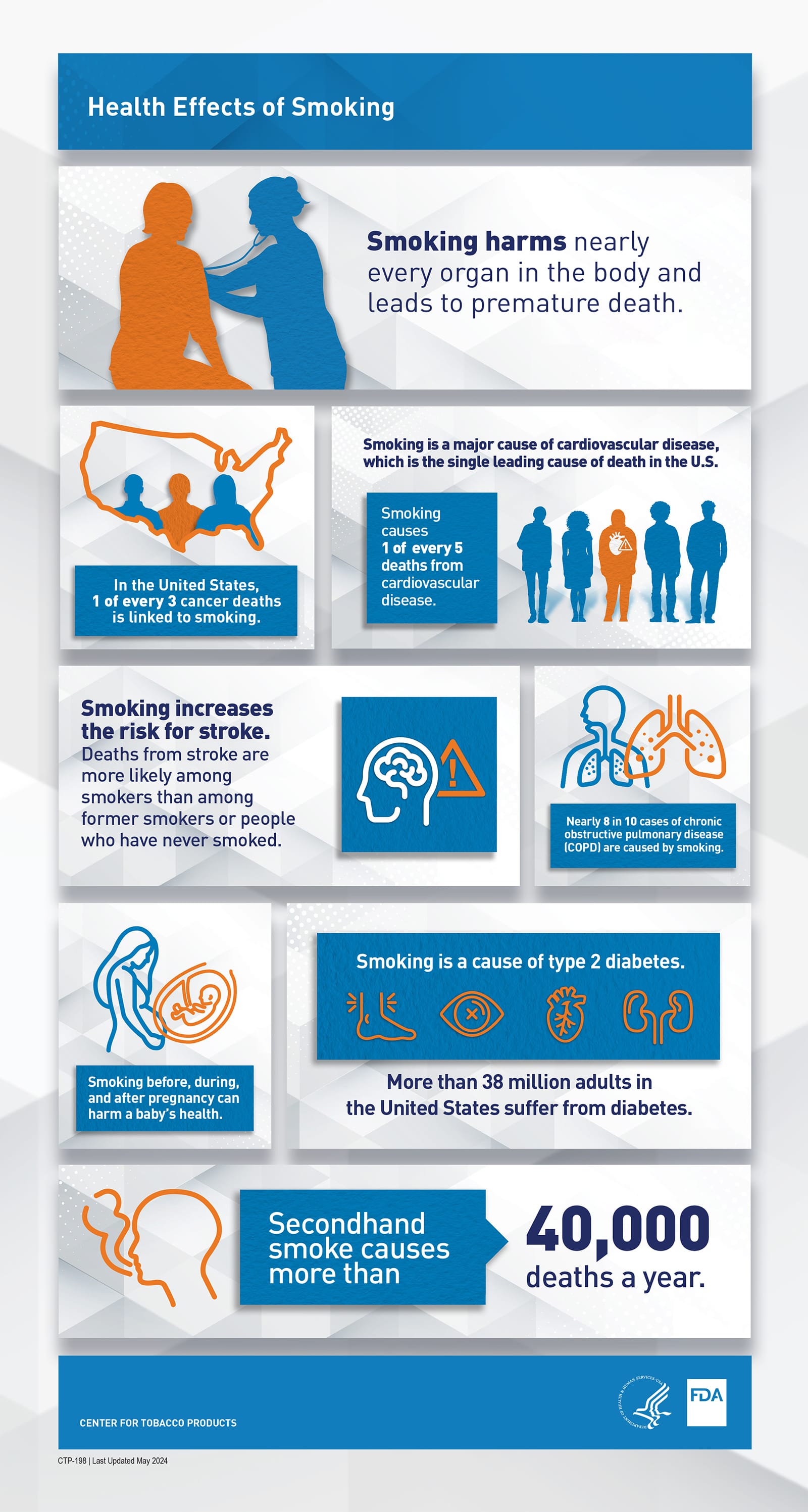
And, Lewis added, they know there will be plenty of opponents to the legislation.
“We expect the [tobacco] industry to fight to protect their profits,” he said. “But we’re ready for that. Every time we take a step to implement a new policy, we know there will be opposition.”
Lewis said it will take a lot of education across the board — for fellow legislators, the public, basically anyone involved.
When asked if either lawmaker believes the bill will make it through the Legislature in one session, they are hopeful.
“I’m always hopeful and optimistic,” Lewis said. “I believe this is what we’re here to do. Lives are at stake. I’m committed to this and passionate about this issue.”
And if the bill doesn’t make it?
“We’ll stay with it,” Vitolo said. “It would be a surprise if it does pass this session. I wouldn’t be surprised if it does take a little bit of time. No state has ever done this and only 12 communities in Massachusetts. We’re on the cutting edge so it’s reasonable it will take some time to play out.”



